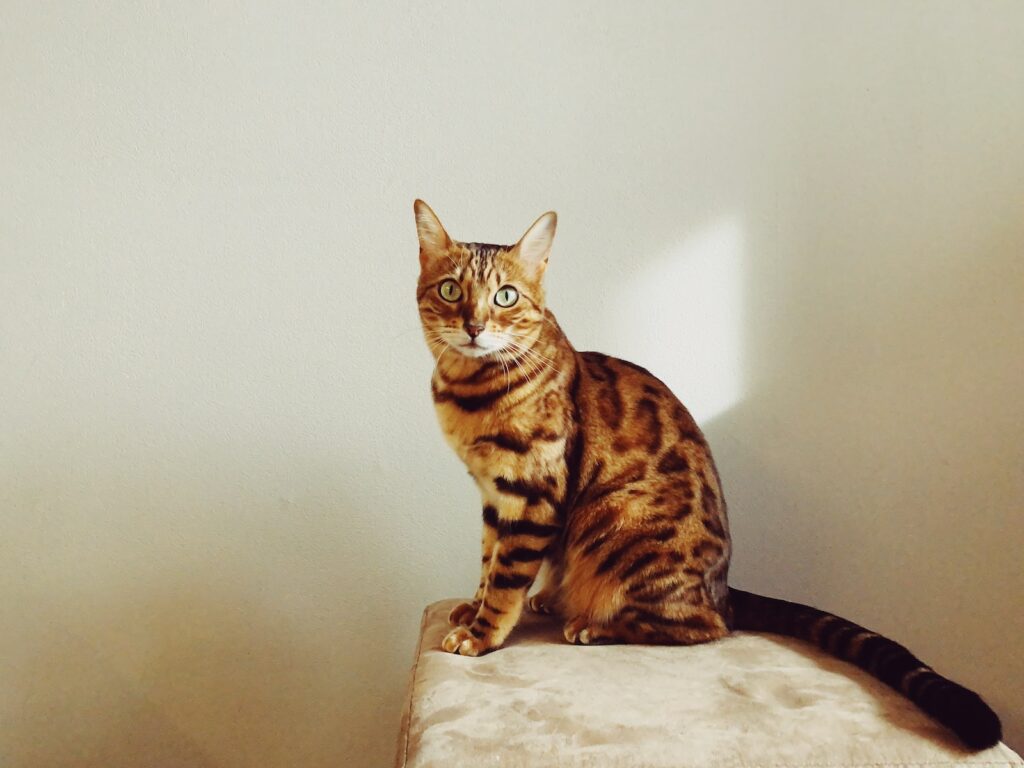Can Cats Eat Avocado? — No, They Can’t
Avocado is a delicious and nutrient-rich fruit that is beloved by many humans. However, when it comes to our feline friends, avocados may not be the best choice for their diet. Cats should not eat avocado due to several reasons that can negatively affect their health.
Is It Safe for Kittens to Consume Avocado?
Just like adult cats, kittens should not consume avocados. The high fat content and certain compounds found in avocados can be harmful to their delicate digestive systems. It is best to avoid feeding avocados to kittens.
Risks Associated with Feeding Avocado to Kittens
Kittens who consume avocado may experience digestive issues such as vomiting, diarrhea, and abdominal discomfort. The high fat content in avocados can overwhelm their digestive system and lead to these unpleasant symptoms. Additionally, avocados contain a toxin called persin, which can be toxic to cats and kittens in large quantities.
Why Avocado is Not Recommended for Cats
High Fat Content
Avocado is a fruit that is known for its high fat content. While healthy fats are important for humans, cats have different nutritional needs. A diet high in fat can lead to obesity and other health issues in cats, such as pancreatitis and liver disease. It is best to avoid feeding avocados to cats to prevent these potential complications.
Persin Toxicity
Avocados contain a natural fungicidal toxin called persin, which is harmless to humans but can be toxic to cats. Persin is primarily found in the leaves, bark, and pit of avocados. While the flesh of the fruit itself contains lower levels of persin, it is still advised to avoid feeding avocados to cats to prevent any potential toxicity.
Gastrointestinal Upset
Cats have sensitive digestive systems, and introducing avocados into their diet can cause gastrointestinal upset. This can manifest as vomiting, diarrhea, or even pancreatitis. It is important to prioritize the health and well-being of our feline companions by providing them with a balanced and appropriate diet.
Known Health Issues in Cats from Consuming Avocado
Consuming avocados can lead to several health issues in cats. Some common problems include gastrointestinal disturbances, pancreatitis, and liver disease. These conditions can cause discomfort and may require medical intervention. It is essential to prevent these issues by keeping avocados out of a cat’s reach.
What to Do If a Cat Has Consumed Avocado?
- Visit a Veterinarian: If you suspect that your cat has ingested avocado or is showing any signs of gastrointestinal distress, it is crucial to consult a veterinarian immediately. They will be able to provide appropriate guidance and treatment.
- Monitor Symptoms: Keep a close eye on your cat’s behavior and monitor for any unusual symptoms after avocado consumption. If any concerning symptoms persist or worsen, seek veterinary care promptly.
- Prevent Future Occurrences: Ensure that avocados are stored securely and out of your cat’s reach. Be cautious when preparing or eating avocados, keeping your feline friend’s safety in mind.
Safe Alternatives to Avocado for Cats
While avocados are not suitable for cats, there are plenty of safe and healthy alternatives to incorporate into their diet. Some examples include cooked chicken, fish, pumpkin puree, or specialized cat treats available in pet stores. Always consult with a veterinarian to ensure that any new food options are appropriate for your cat’s specific dietary needs.
Conclusion
Although avocados are a beloved fruit for humans, they should be kept out of our feline companions’ diets. The high fat content and persin toxicity make avocados unsuitable for cats and kittens. It is important to prioritize their health and well-being by providing them with a balanced and appropriate diet that meets their nutritional needs. By avoiding avocados and opting for safe alternatives, you can help ensure a long and healthy life for your beloved feline friend.






